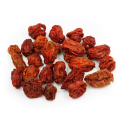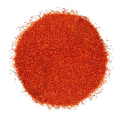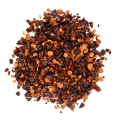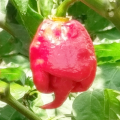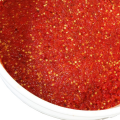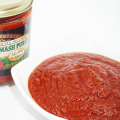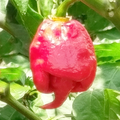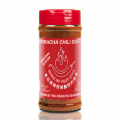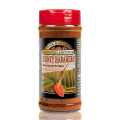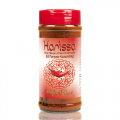FAQ
Why Fermented Pepper Mash or Puree required further processing:
While fermented peppers offer numerous health benefits like improved digestion and boosted immunity for many people who can eat them without further processing, they're not for everyone. Here are some reasons why some people with sensitive stomachs might have trouble with them:
- Histamine: Fermented foods are naturally higher in histamine, a compound involved in immune responses. Some people have difficulty breaking down histamine, leading to symptoms like headaches, digestive issues, and skin rashes.
- SIBO and GI Issues: The fiber and potential for gas production in fermented pepper mash can be problematic for people with SIBO, IBS, or other digestive disorders. SIBO occurs when there's an excess of bacteria in the small intestine. Fermented foods can sometimes worsen symptoms like bloating, gas, and diarrhea in individuals with SIBO.,
If you're considering trying fermented pepper mash and have any concerns about these factors, it's always best to start with a small amount and see how you tolerate it. Our Retail jar Pepper Mash is Ready To Eat for everyone.
The difference between mash and puree:
Both pepper mash and pepper puree are made by washing, crushing, and blending fresh peppers with salt and/or vinegar. Both have the same flavor and aroma. The main difference is the texture.
Your decision on what to use depends on your preferred final product texture.
- Pepper mash has a chunky texture with visible seeds, skin, and pepper particles.
- Pepper puree also contains pepper skin, pepper seeds, and pepper flesh, but has a smooth texture with no visible seeds, skin, or chunks. It's smooth like a paste.
Both shelf stable with a duration of 24-36 months or more, depending on the PH level.
The container has a lid on top. You remove the lid and unzip the liner inside the drum to access the mash/puree. When closing, you need to pull the air out and close the liner with a zip tie or a band, then put the lid back on.
Our mash and puree are aged for at least 4 months. However, they keep aging as long as they are not cooked, as they are kept with the enzyme that creates the aging process. Only after you cook the product does the aging process stop.

